Literature is like love. It takes patience, understanding, and sometimes it disappoints you. Both bring out in you a variety of emotions, good and bad. Both require a good deal of time. Reading is also like a child; it takes nurturing. It takes hard work, and perseverance. Literature can also be mind-numbingly boring on occasion. C’est la vie. Above all, there are 6 works of literature I’d recommend to everyone who has an interest in good writing and a skillful manipulation of words:
1. Shakespeare’s Hamlet
The Story of Hamlet revolves around - you guessed it - Hamlet. A humanizing tale, Hamlet tells the story of a King’s son, meant to avenge his father. Hamlet’s father is assassinated by Hamlet’s Uncle, Claudius. Hamlet spends the whole play wrestling with complex emotions and finally kills Claudius, avenging his father.
2. Shakespeare’s King Lear
King Lear is perhaps one of Shakespeare’s best and most perfectly crafted stage pieces. The story revolves around again - you guessed it - King Lear. King Lear has three daughters, two of whom sweet talk him into believing they love him. His third and most beloved daughter refuses to step to her sisters’ level and so is banished. She returns to save her father when her sisters plot to kill him. The play ends in an unsatisfying and heart-wrenching moment with Lear holding his beloved daughter in his arms, bemoaning his own loss.
3. Shakespeare’s Tempest
The story follows a betrayed duke who is left stranded on an island. He spends the entire play trying to regain his power and as a sorcerer does a very good job at manipulating events to his desired outcome. The unique characters of Caliban, and Ariel give us an insight into the creativity of Shakespeare in his final days.
4. Frankenstein
I like to think that most people know the premise of this story: bad guy takes dead body parts, does some crazy human centipede stuff, and eventually creates life from death. Then townsfolk, and torches and pitchforks, blah, blah blah. You get the idea. It’s a really good story, despite the well known reference, and so I suggest reading it.
5. The Picture of Dorian Gray
A beautiful example of flowery poetic prose, Oscar Wilde’s writing leaves the reader entranced and entertained. The story follows - you guessed it again - Dorian Gray. A young wealthy gentleman, Dorian Gray is learning how the world works while watching the painting in his room change with his emotional state. It cries when he cries and so on. A wonderful illustration of the effects life can have on us and how it weighs on us.
6. The Hobbit
A story of the adventure of a motley group of 13, and Gandalf, The Hobbit follows the story of young Mr. Bilbo Baggins, a hobbit from the shire. The story is of a quest to reclaim the homeland of the dwarves of the line of Durin (some clear imagery of the Jewish reclamation of the holy land; but, sure Tolkien, you haaaaaaaaaate symbolism).




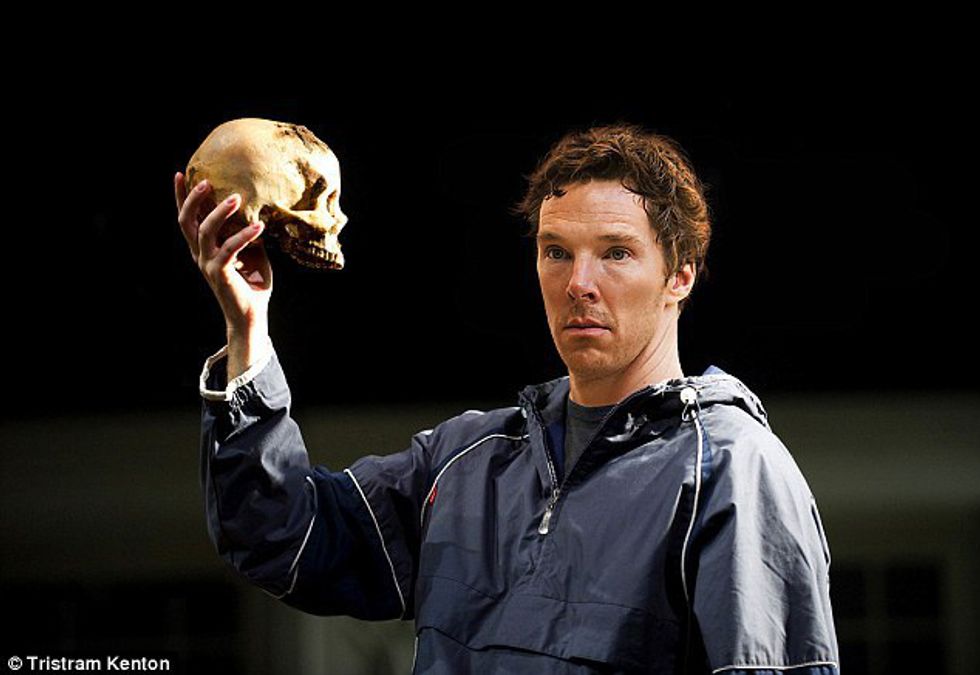
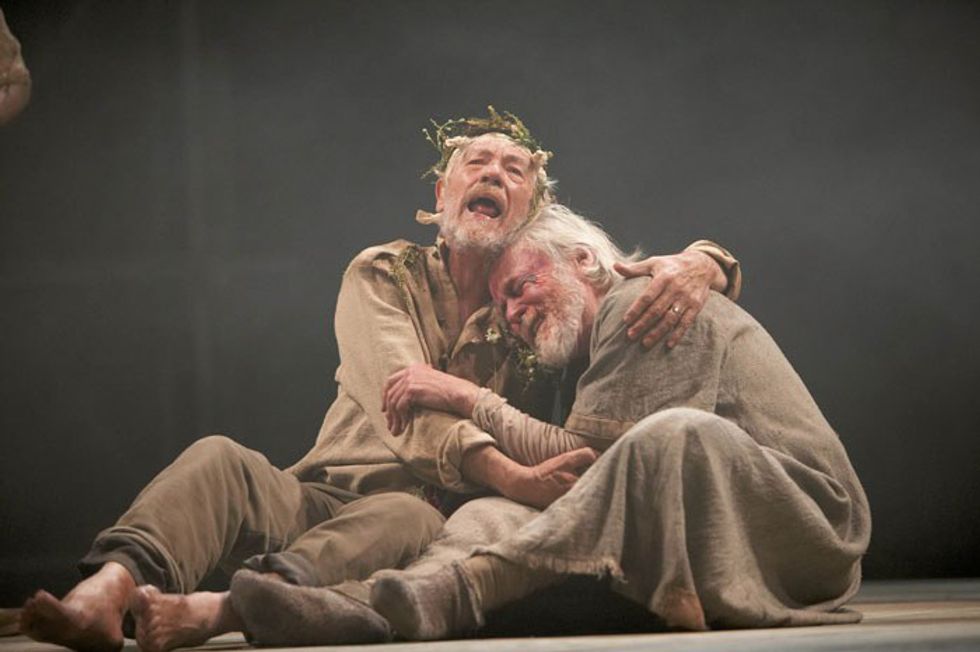

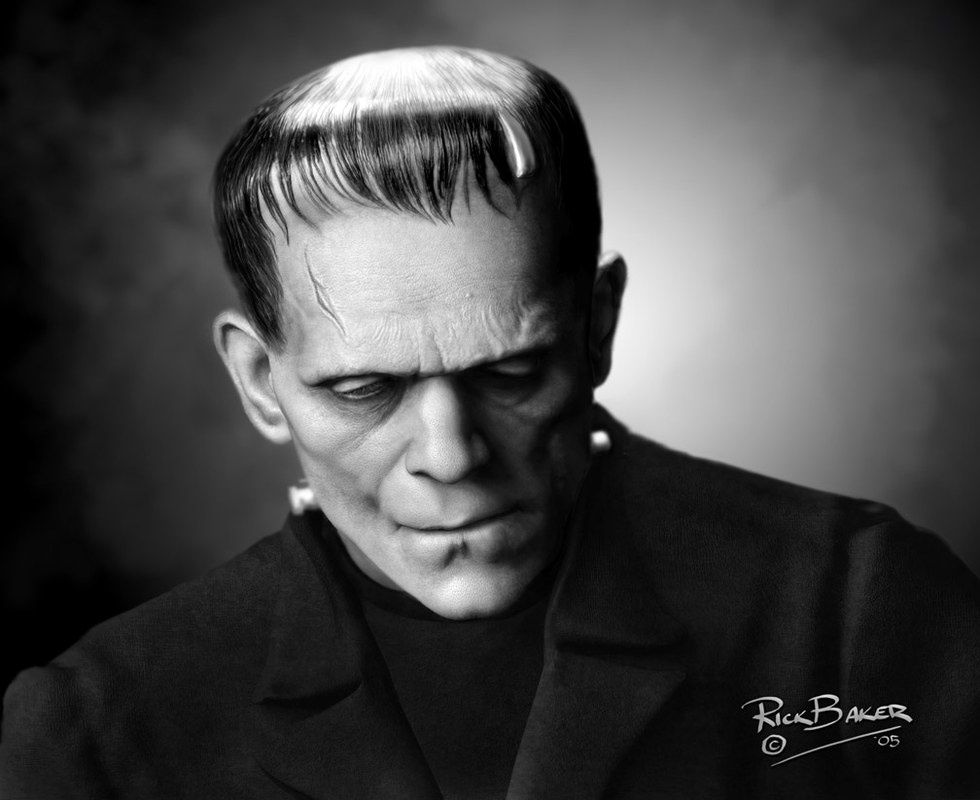
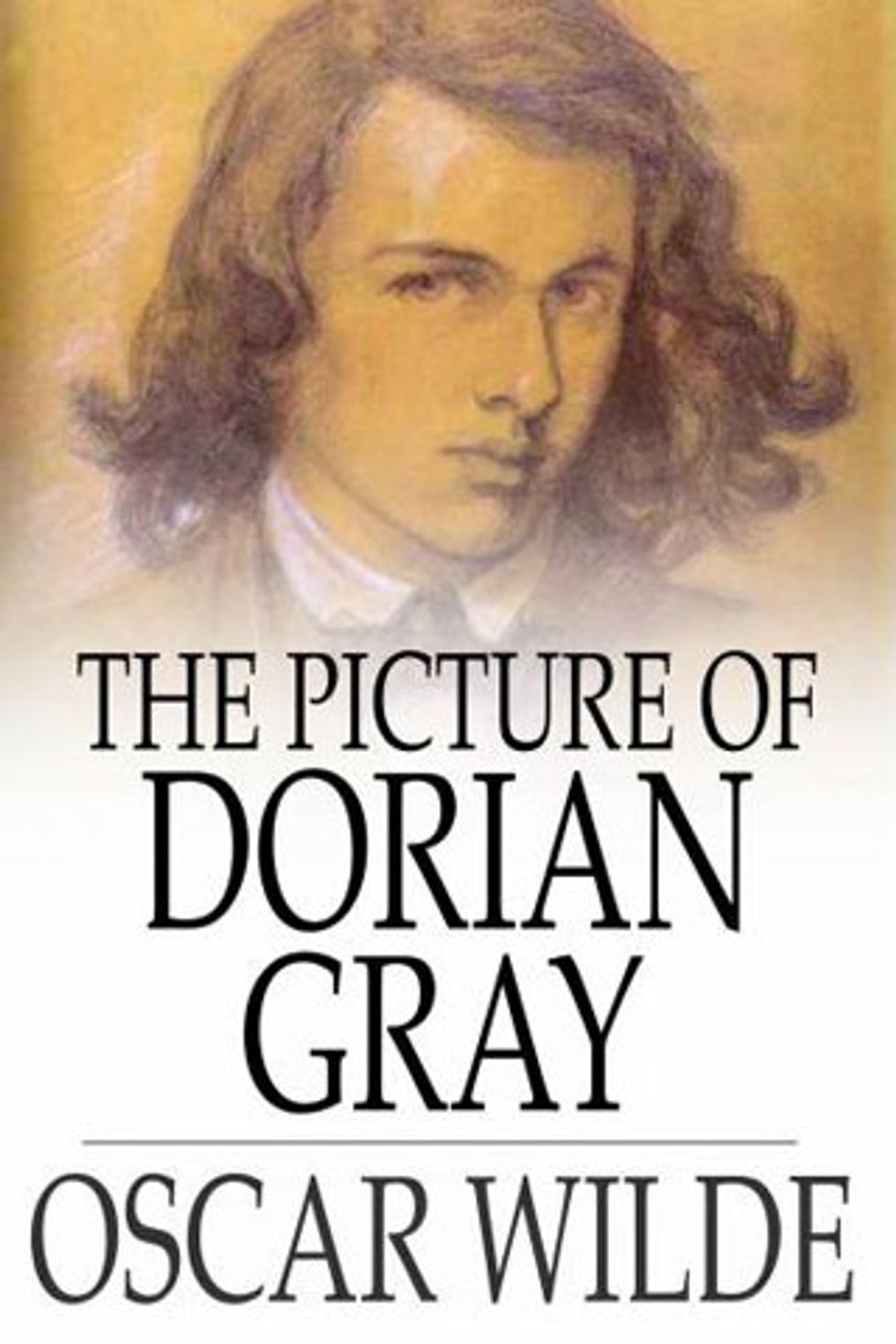
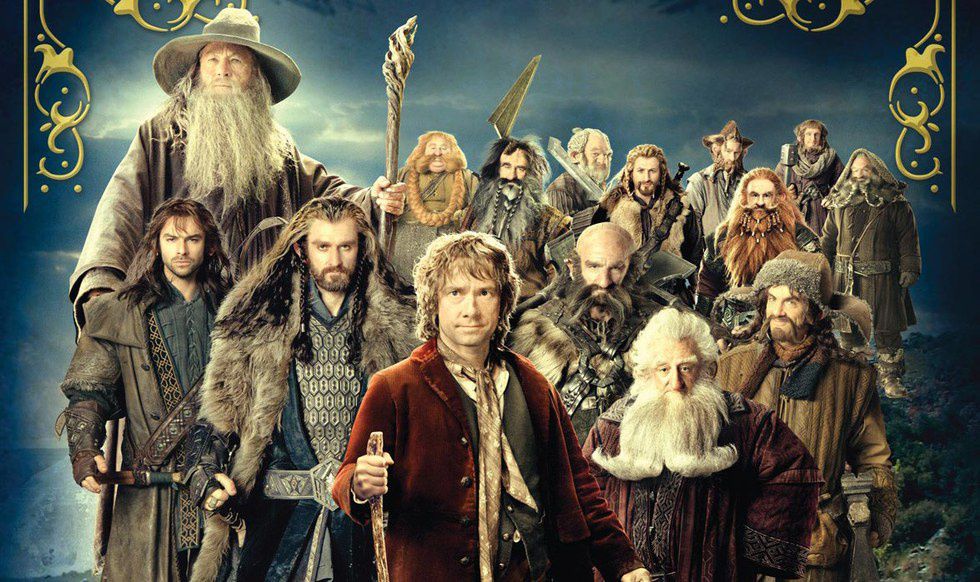




 The minimum wage is not a living wage.
StableDiffusion
The minimum wage is not a living wage.
StableDiffusion
 influential nations
StableDiffusion
influential nations
StableDiffusion











